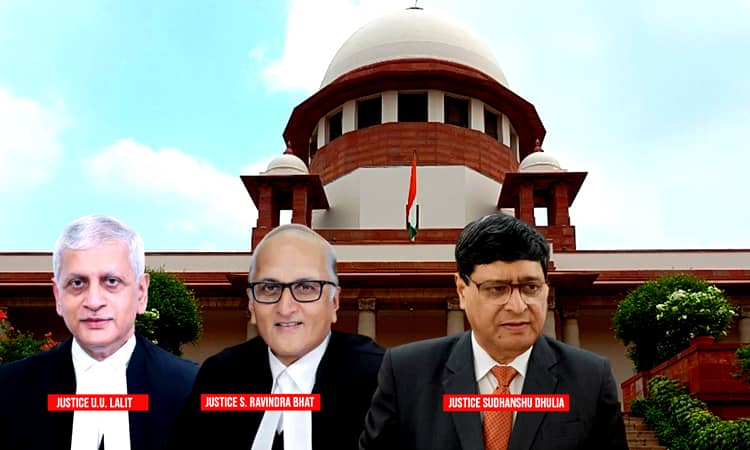Last Updated on 29/08/2023
The supreme court of India has announced that a leave travel concession or LTC is not meant for foreign holidays and it is only meant for travel holidays within India.
The moment any employee goes for a foreign trip i.e. holiday outside the Indian borders, they will no longer be eligible to be covered under the provisions of section 10(5) of the income tax act.
The court has dismissed the appeal filed by the State bank of India against the Judgement of the Delhi high court. It held that the amount received by the SBI employees towards their LTC claims is not liable for any sort of exemption as these employees have been to foreign destinations. The revenue had held SBI to be an ‘Assessee in default’, for not deducting the tax at the source of its employees.

Section 10(5) of the income tax act exempts from the ‘total income’ the payments received as LTC. Clause (5) goes as follows: in the case of an individual, the value of any travel concession or assistance received by, or due to him, – (a) from his employer for himself and his family, in connection with his proceeding on leave to any place in India.
In an appeal, the SBI admitted that the travel made by its employees under LTC did involve a foreign leg and admittedly a circuitous route, as opposed to the shortest route, was taken. However, it was later on pointed out that (1) the employees did travel from one designated place in India to another place within India (although in their travel itinerary a foreign destination was also involved), and (2) the payments which were actually made to these employees was made for the shortest route of travel between 2 designated places within India. In simpler terms, no such payment was made for foreign travel although a foreign leg was included as a part of the itinerary undertaken by the employees.
The Bench Rejected Both Of These Contentions And Made The Following Observations:
“The contention of the appellant that there is no specific bar under section 10(5) for foreign travel and therefore a foreign journey can be availed as long as the starting and destination points remain within India is also without merits. LTC is for travel within India, from one place in India to another place in India. There should be no ambiguity on this…the 2nd argument urged by the appellant that payments made to these employees was of the shortest route of their actual travel cannot be accepted either. It has already been clarified above, that in view of the provisions of the act, the moment employees undertake travel with a foreign leg, it is not a travel within India and hence not covered under the provisions of section 10(5) of the act.
A foreign travel also frustrates the purpose of LTC. The basic objective of the LTC scheme was to familiarize a civil servant or a government employee to gain some perspective of Indian culture by traveling within the country. It is for that reason that the 6th pay commission rejected the demand of paying cash compensation in lieu of LTC and also rejected the demand of foreign travel…there was not intention of legislature to allow the employees to travel abroad in the garb of LTC-available by virtue of section 10(5) of the act. Therefore the revenue has a valid objection (apart from other objections which are clearly Violative of the statute), that the intention and purpose of the scheme is also violated under the garb of the tour in India, foreign travel is being availed”.
The court also notified that SBI cannot claim ignorance regarding the travel plans of its employees as during the settlement of LTC bills the complete facts are available before the Assessee about the details of their employee’s travels.
“Therefore it cannot be a case of Bonafide Mistake, as all the relevant facts were before the Assessee employer and he was therefore fully in a position to calculate the estimated income of its employees. The contention of Shri K.V. Vishwanathan, senior advocate that there may be a Bonafide Mistake by the Assessee – Employer in calculating the estimated income cannot be accepted since all the relevant documents and material were before the Assessee – employer at the relevant time and the Assessee employer, therefore, ought to have applied his mind and deducted tax at source as it was his statutory duty, under section 192(1) of the act.” the court added.
The court noted that many of the employees had undertaken travel to Port Blair via Malaysia, Singapore or Port Blair via Bangkok etc.


 Call
Call WhatsApp
WhatsApp Enquiry
Enquiry